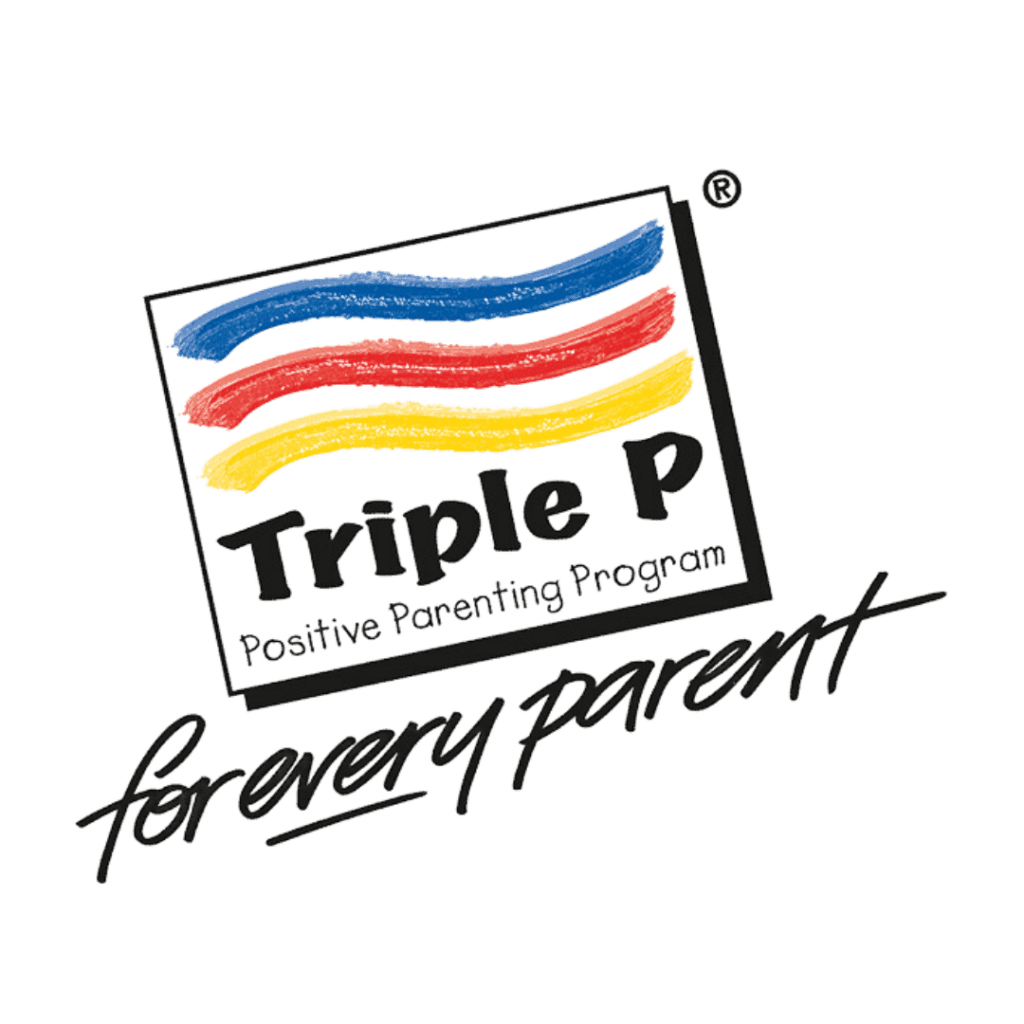The Positive Parenting Program (Triple P): A Comprehensive Guide
Parenting is one of life’s most rewarding yet challenging experiences. From managing tantrums to fostering emotional resilience, parents often seek reliable strategies to support their children’s growth and strengthen family bonds. The Positive Parenting Program, commonly known as Triple P, stands out as one of the most effective and widely respected parenting programs available today.
Developed by Professor Matthew Sanders and his team at the University of Queensland in Australia, Triple P has evolved over more than 30 years into a globally recognized, evidence-based system. Its multi-level approach empowers parents with practical skills and confidence, aiming to prevent behavioral, emotional, and developmental challenges in children from infancy through adolescence.
At Huntington Psychological Services, we frequently recommend Triple P to families seeking structured, proven parenting support. This article offers an in-depth look at Triple P—its history, structure, principles, evidence base, and benefits. Whether you’re a parent exploring your options or simply curious about Triple P, we’re here to guide you toward resources that can transform your parenting journey.
History and Development of Triple P
Triple P originated as a home-based intervention for parents of preschoolers with disruptive behaviors. Recognizing its potential, Professor Sanders and his team expanded it into a broader, public health-inspired system. This shift allowed Triple P to address the needs of all parents—not just those in crisis—by offering a preventative, population-level approach.
Today, Triple P is implemented in over 25 countries, reflecting its adaptability and universal appeal. Its growth from a small initiative to a global standard underscores its effectiveness and commitment to improving family well-being on a large scale.
The Five Levels of Triple P
Triple P’s strength lies in its tiered structure, which provides varying levels of support based on a family’s needs. This flexibility ensures that parents receive the right intensity of guidance, from basic tips to intensive interventions. The five levels are:
- Level 1: Universal Triple P
A public awareness campaign delivering parenting advice through media, websites, and community resources. It’s an entry point for all parents to learn foundational positive parenting techniques. - Level 2: Selected Triple P
Offers brief, targeted support for parents with specific concerns—like bedtime battles or mild defiance—through seminars or discussion groups. - Level 3: Primary Care Triple P
Provides short-term, individualized consultations for parents addressing moderate behavioral issues, often in healthcare or community settings. - Level 4: Standard Triple P
A more intensive program for families dealing with persistent challenges, available in group or one-on-one formats to build a broad range of parenting skills. - Level 5: Enhanced Triple P
Designed for families with complex needs—such as parental stress, mental health struggles, or relationship issues—this level offers tailored, in-depth support.
This minimal sufficiency approach ensures efficiency, delivering just enough intervention to achieve lasting results—a key reason we recommend Triple P at Huntington Psychological Services.
Core Principles and Strategies of Triple P
Triple P is built on a foundation of principles that promote a positive, nurturing family environment while equipping parents to handle challenges effectively. These include:
- Creating a Safe and Engaging Environment: Encouraging exploration and learning in a secure, supervised setting.
- Setting Realistic Expectations: Aligning parental goals with a child’s developmental stage to reduce frustration.
- Using Assertive Discipline: Applying calm, consistent strategies—like timeouts or logical consequences—to manage behavior without coercion.
- Prioritizing Self-Care: Supporting parents’ well-being to sustain their ability to care for their children.
A hallmark of Triple P is its focus on self-regulation, encouraging parents to reflect on their approaches, evaluate outcomes, and adjust as needed. This builds lasting confidence and adaptability.
Practical Strategies in Triple P
Triple P provides parents with actionable tools, such as:
- Descriptive Praise: Acknowledging specific positive actions (e.g., “I’m proud of how you tidied your toys”) to reinforce good behavior.
- Quality Time: Building trust through focused, one-on-one interactions with children.
- Problem-Solving Skills: Teaching kids to identify issues, brainstorm solutions, and choose the best option, fostering independence.
These strategies are simple, adaptable, and effective across a range of situations, making Triple P a practical choice for families.
Evidence Supporting Triple P
Triple P’s credibility is rooted in extensive research. A 2008 meta-analysis by Nowak and Heinrichs, covering 55 studies, confirmed its positive impact on child behavior, parenting practices, and parental well-being across diverse populations. A landmark randomized trial in South Carolina further showcased its community-wide benefits, with 13-33% reductions in child maltreatment, related injuries, and foster-care placements following Triple P implementation.
While early studies faced critiques—such as limited sample sizes—the program’s evidence base has since grown robust, aligning with social learning theory and earning endorsements from organizations like the World Health Organization (WHO). Its proven outcomes make it a top recommendation from our team at Huntington Psychological Services.
Benefits of Triple P for Parents and Children
Triple P delivers measurable advantages, enhancing family dynamics and supporting long-term well-being.
For Parents
- Boosted Confidence: Parents feel more capable of managing challenges effectively.
- Lower Stress: Practical tools reduce parenting pressures, improving mental health.
- Better Relationships: Enhanced communication strengthens family connections.
For Children
- Improved Behavior: Consistent strategies promote emotional regulation and cooperation.
- Stronger Social Skills: Kids develop abilities that support success in school and beyond.
- Reduced Risks: Early support lowers the chances of serious emotional or behavioral issues.
Triple P’s versatility suits all family types—single parents, blended families, or caregivers—and its cultural adaptations ensure relevance worldwide, from Indigenous communities in Australia to urban families in the U.S.
A Practical Example
Consider a parent frustrated by a child’s refusal to follow routines. With Triple P strategies, they might:
- Set clear expectations (e.g., “We brush our teeth after breakfast”).
- Praise compliance (e.g., “Great job brushing so well!”).
- Use consistent consequences (e.g., a brief timeout for noncompliance).
Over time, the child adapts, and the parent gains confidence—a win-win scenario.
Why We Recommend Triple P at Huntington Psychological Services
At Huntington Psychological Services, we’re dedicated to supporting families with the best tools available. While we don’t offer Triple P directly, we frequently recommend it for its proven effectiveness, flexibility, and accessibility. Whether you’re tackling a specific challenge or aiming to enhance your parenting skills, Triple P offers a structured path forward.
To explore Triple P, ask us during your next visit—we can connect you with local providers or online resources, including the official Triple P website. Our team is here to guide you toward solutions that fit your family’s unique needs.
Key Takeaways
- Triple P’s tiered system meets families where they are, from basic tips to intensive support.
- Backed by decades of research, it improves behavior and reduces stress.
- Its global reach and adaptability make it a standout choice for parents everywhere.
For more parenting insights or to discuss how Triple P might benefit you, contact Huntington Psychological Services. We’re here to help you navigate your parenting journey with confidence.








